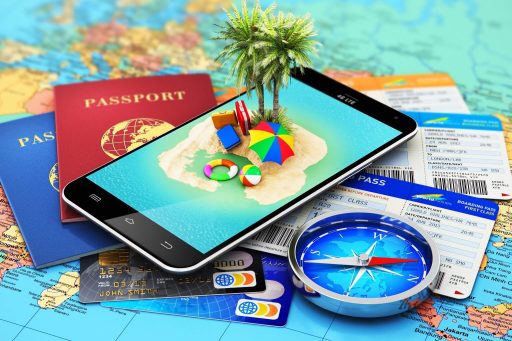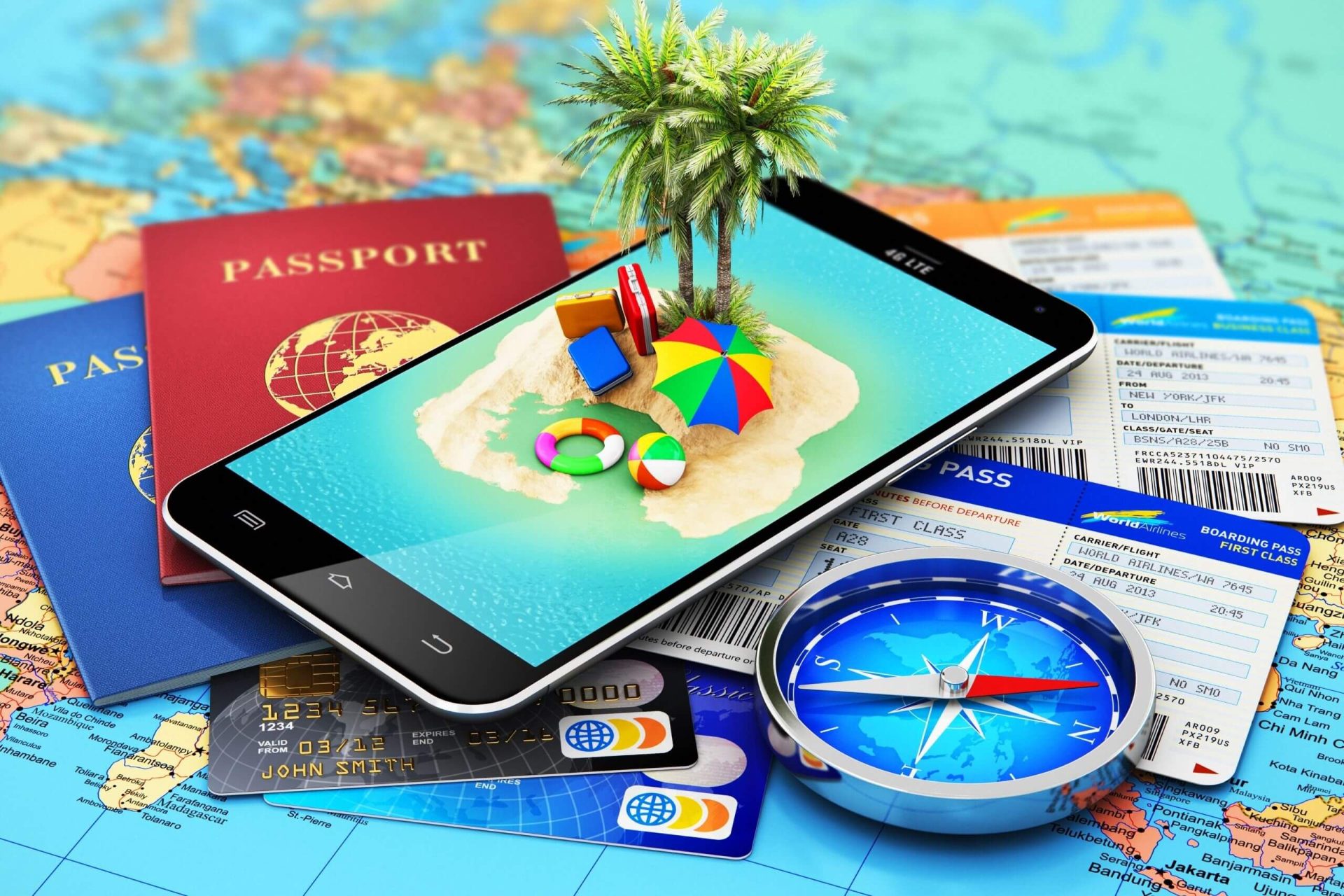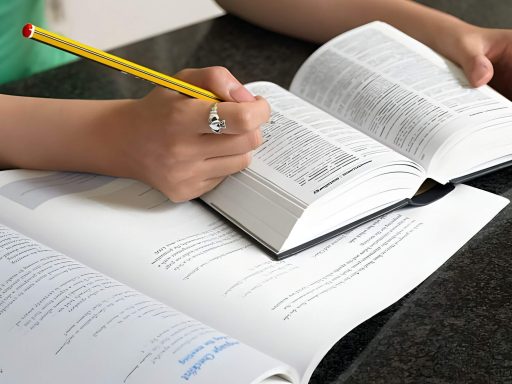In the most succinct and abstract sense, language is the most important tool used to convey oneself through spoken, written or signs. Language is an indispensable source of communication not only between humans but also for other living things. From the moment people are born, they constantly come into contact with others around them.
As a natural part of these stages, people begin to acquire language in the process. While in the developmental stage, people follow a road map from concrete to abstract, from simple to complex. This ensures that the process progresses in a healthy way in accordance with their level. In this process, factors such as the adequacy of sensory organs, relations with the environment, physical and mental development closely affect language learning. Therefore, the point to be considered in an individual’s language development should not only be language-oriented, it is necessary to provide the best conditions for the individual in every sense.
Every language, like humans, is born, lives, and dies. People should actively use languages, enriching it and conducting sustainability studies. Each language has its own perception and structure. Many factors indicate this, such as having its own special letters, differences in word meanings, grammar structures, and vocalization. Additionally, people use sign language, especially for individuals with hearing impairments.
The system continues in the same way in sign languages. That is, each sign language has its own form of expression. Today, although the share of sign language among languages is considered insufficient in terms of studies, its value is increasingly understood and emphasized. Studies show that teaching and learning of sign language through associations, foundations and universities are increasing.
Why is language important for traveling?
When we delve into the realm of travel, languages emerge as an even more crucial tool, serving as a bridge between individuals of diverse cultures, backgrounds, and geographic locations. It transcends mere communication; it becomes a vessel for understanding, empathy, and connection. Whether navigating bustling markets in foreign lands, seeking directions from locals in unfamiliar territories, or immersing oneself in the rich tapestry of global cultures, it plays an indispensable role.
In the context of travel, language serves as the key to unlocking authentic experiences. It facilitates meaningful interactions with locals, enabling travelers to delve deeper into the customs, traditions, and nuances of a particular region. Beyond its practical utility, it fosters mutual respect and appreciation, paving the way for cross-cultural exchange and enrichment.
Moreover, proficiency in the local language fosters a sense of belonging and camaraderie, transcending linguistic barriers to forge genuine connections with individuals from diverse backgrounds. It empowers travelers to engage with communities on a deeper level, fostering friendships, and leaving a lasting impact long after the journey has concluded.
Furthermore, language proficiency enhances safety and security while traveling, enabling individuals to effectively communicate their needs, seek assistance, and navigate potential challenges with confidence and ease. Whether inquiring about local customs, accessing essential services, or responding to emergencies, its proficiency equips travelers with the tools necessary to navigate unfamiliar terrain safely.
FAQs
Why is language so important for talking?
Languages help us share ideas and feelings with others. It’s how we talk, write, and even use hand signs to communicate.
How do we learn to talk, and what affects how we learn?
We start learning to talk when we’re babies by listening to the people around us. Things like our senses, how we interact with the world, and how we grow up can affect how we learn to talk.
What kinds of languages are there, and why do they change from place to place?
There are spoken languages, written ones, and sign languages for people who can’t hear well. Every place has its own way of talking because of its history and culture.
How does talking show who we are and where we’re from?
The way we talk reflects our culture and what we believe. It’s like a window into who we are.
What problems can happen when we travel to places where they speak a different language? How can we fix them?
When we don’t speak the same language as the people we meet, it can be hard to understand each other. We can learn a few basic words, use apps to translate, or ask for help from someone who speaks both languages.
Why is it safer and more fun to travel if we know the local language?
Knowing the local language helps us ask for help when we need it and makes it easier to get around. It also lets us connect better with the people we meet.
How can we learn new languages before going to another country?
We can take language classes, use apps or websites to practice, talk to people who speak it, and learn about the culture.
How can we be respectful when we talk to people from different cultures?
We can learn a few polite words in their language, respect their customs, and be open-minded and friendly.
How does talking help us make friends and have cool experiences when we travel?
Talking to people in their language helps us connect with them and learn about their way of life. It makes traveling more fun and gives us memories to treasure.
This series is about languages. Our goal is to reach out to travel and language enthusiasts, aiming to explore the richness of language and culture. Don’t forget to share your thoughts with us in the comments section. We wish you enjoy while you are reading our articles! 🙂










Hi, this is a comment.
To get started with moderating, editing, and deleting comments, please visit the Comments screen in the dashboard.
Commenter avatars come from Gravatar.